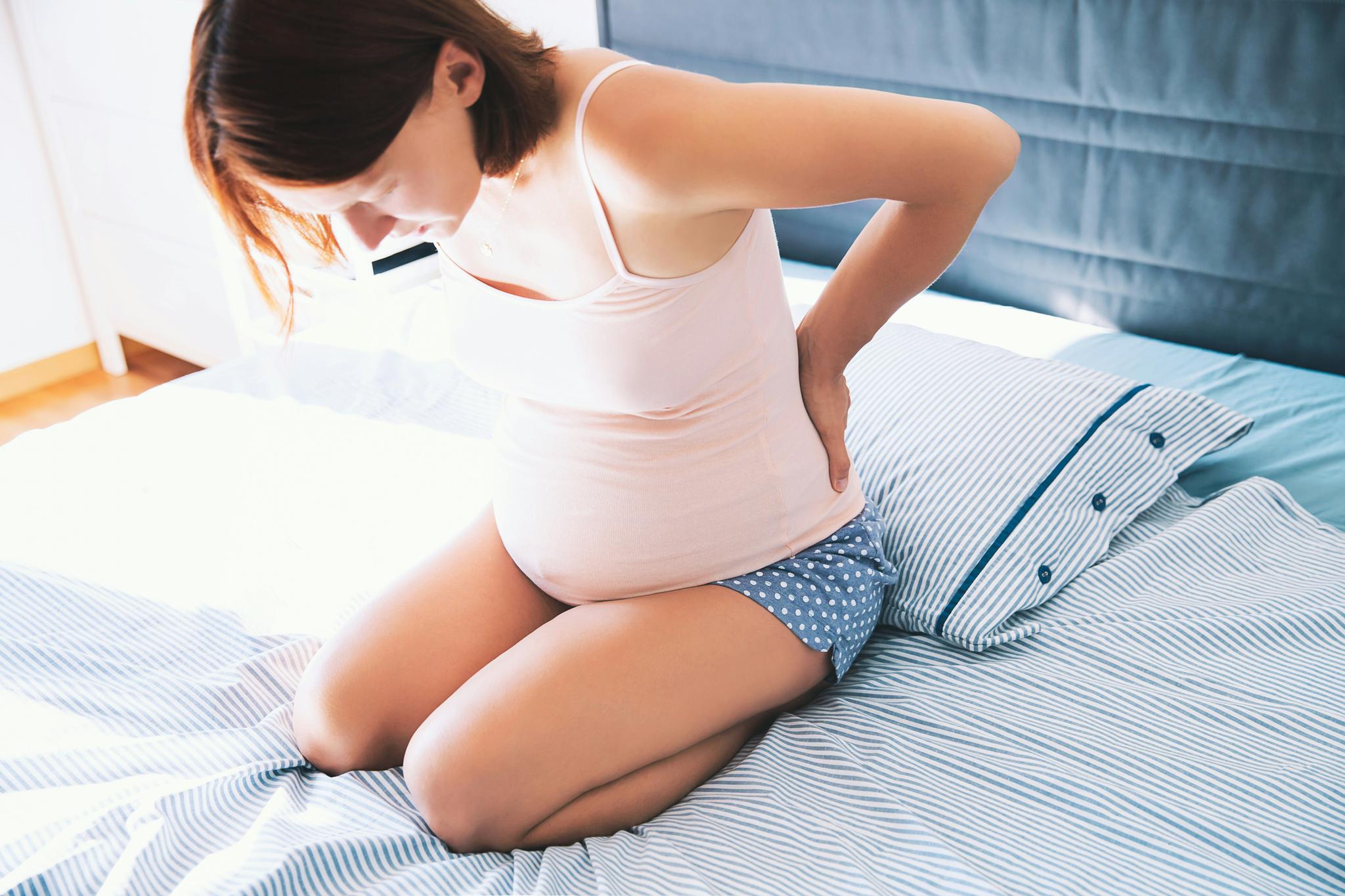Pregnant With Pain In Buttocks and Lower Back
Last updated
First published

Pregnancy is a tremendous physical strain on your body as it has to work for two. This strain and overwork for the body cause different changes, especially settling in the pelvis and giving you pain in the lower back and buttocks. These can be symptoms of a pelvic solution, which can cause varying pain from day to day.
Pain in the buttocks and lower back often originates from the pelvis
The hormones affect the movement of the joints during pregnancy. This means that the pelvis can become more extensive and expand during birth. However, this also causes an overload of the joints because muscles and ligaments cannot hold and protect the joints adequately. It can cause pain to a greater or lesser degree, which, among other things, manifests itself as pain in the buttocks and lower back.
Symptoms of pelvic pain can come on gradually and very suddenly. It is very common to experience pain between the 24th and 36th week of pregnancy. Most women experience moderate pain, while some have very severe pain and may need to report sick.
The pain can be triggered by:
Lying on your back
Walking
Standing up for a long time
Turning in bed
If the pain originates from the pelvis, you, together with the pain in the buttocks and lower back, will have a feeling that the pelvis is unstable.
Reducing pain in the buttocks and lower back
It is never comfortable to have pain in the buttocks and lower back due to pelvic loosening. But fortunately, there are some things you can do yourself to reduce the pain. Most importantly, do not engage in activities that provoke or aggravate the pain.
You can also pay attention to the following:
Keep an even load on both legs by walking with short steps.
Squeeze the pelvic floor when you need to turn in bed and turn around with your legs together.
Avoid sitting in the same position for too long.
Lift properly to avoid being skewed to the side.
Relax as much as possible.
Post several small breaks during the day.
Get exercises from a physiotherapist as they can help stabilize your posture and make the pelvis stable.
If you have severe or prolonged pain in the buttocks and lower back that limits your daily functions and chores, it is recommended to talk to a doctor.
Contents
